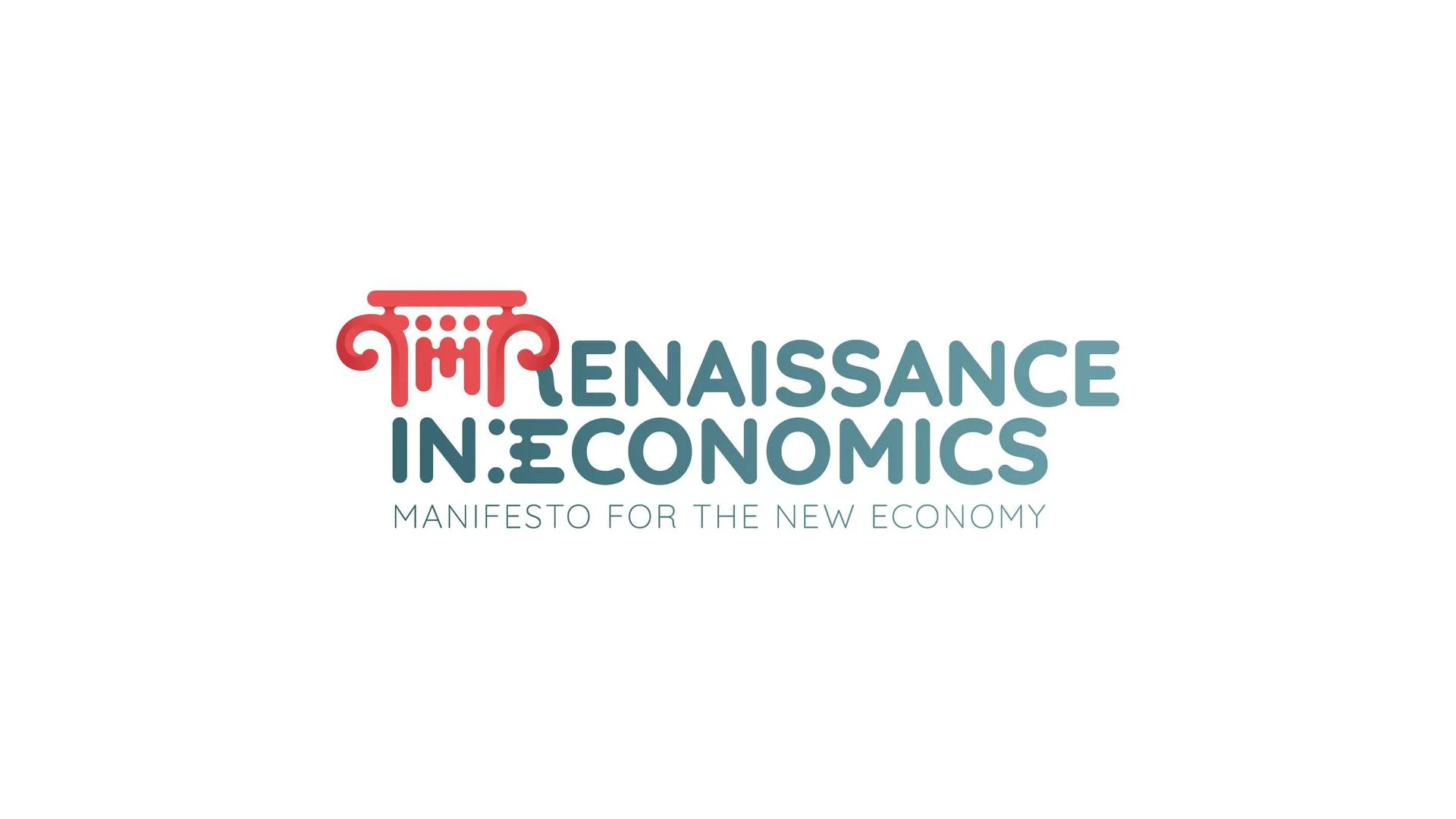
Rankings
Top fiction books for economists
Read a summary using the INOMICS AI tool
There are plenty of books which are important for economists to read in the non-fiction department, from the very popular to the extremely academic. But what of fiction books - novels, plays, and the like? It's important not to forget that even stories which aren't 'true' in the dictionary definition sense of the word can tell us a lot about the realities of the world.
Fiction might not be the first place you turn to to get your hit of economics, but it can be surprisingly revealing, especially in helping one consider how economics overlaps with other issues in the real world, like politics, family, technology, and ideology. And what better way to spend your time while in coronavirus isolation than reading a load of great fiction from the world's most famous authors, and getting your daily dose of economics to boot?
Check out our Advice section for more helpful tips for economists

INOMICS and our parent company 11 Academia Networks are Amazon Associates, meaning we are a part of their affiliate program. This article contains affiliate links, which means we may earn money through any qualifying purchases made after you click through. However, this is not a sponsored post.
1. Jane Austen - Pride and Prejudice
Forward-thinking for its time and still with enough humour to keep it entertaining today, Austen’s classic weighed up the economic pressures of nineteenth-century society against the importance of marrying for love. Its opening line, since extremely famous (‘It is a truth universally acknowledged, that a single man in possession of a good fortune, must be in want of a wife’), sets up the plot for the rest of the book: that Mr Bennet must marry off one of his five daughters in order that his inheritance be passed on to his children, helping them avoid destitution. Economists will appreciate the importance money plays in the novel, as well as the touching moral that love should and will overcome all.
2. George Orwell - Keep the Aspidistra Flying
Orwell’s searing critique of the middle- and upper-classes, and treatise on socialism and its many hypocritical followers holds weight to the present day. Keep the Aspidistra Flying catalogues the woes of a man failing to rebel against a monetary culture that seems to suck in all around him. Based on Orwell’s own experiences of working in bookshops and purposefully living on the streets to get a taste of what it was like to be a rough sleeper in the 1930s, this accessible novel tells a defeatist tale of how difficult it is to live in a world in which money rules and how degrading the social conventions of the time could be. Anyone attempting to make a living being a writer will be particularly enticed by the (mis)fortunes of the struggling artist Gordon Comstock, whose second biggest problem after poverty is his inability to finish any project with a sense of satisfaction while attempting not to sell out.
3. Arthur Miller - Death of a Salesman
The only play on our list, but well worth reading (as well as seeing, if you can find a production somewhere), Miller’s 1949 classic plays on the idea of the American Dream: making it off your own back. Willy measures his and his family’s happiness in terms of how successful they are and how much money they have, pushing his son Biff to be as ambitious as he can be. Does money make us well-liked and therefore happy? It seems unlikely from what we know of how happiness works, and yet this societal pressure, from which the world still suffers, is exactly what Miller criticises through the lens of the relationships Willy has with his family and friends. A biting criticism of the American money-focused way of life, Death of a Salesman is also a touching family drama and remains thematically relevant today.
4. Aldous Huxley - Island
The companion to Huxley’s more-famous Brave New World and his last novel, Island is a utopia Huxley actually believed in. Influenced by Pyotr Kropotkin’s anarcho-communist ideas and the economic principles of Georgism, economists will have a field day dissecting the island’s society and economy. Later themes in the book include the use of drugs to achieve spiritual awakening, freely-available contraception to enable sexual freedom, and group living to maximise the upbringing of children. Unfortunately, this almost-perfect society is constantly beset on all sides by the tyrannies of capitalist, imperialist states that just won’t leave it in peace. A romanticised vision, perhaps, but a must-read all the same.
5. John Steinbeck - The Grapes of Wrath
One of the great American realist novels of the twentieth century, Steinbeck’s enduring tale of the hardships of the working-class during the Great Depression remains a compelling and accessible read nearly a century after the events depicted. Following the troubles of a tenant family which is forced to leave its hometown, it catalogues their journey to the West Coast in order to find a new life. Widely read in schools and seen as one of the Great American Novels, economists will be drawn to its realistic depiction of the monetary strife that beset many during the Great Depression, and serves as food for thought in our current age of economic hardship and inequality.
6. Frank Herbert - Dune
Of the science fiction classics, Dune sticks out near the top of the list. One of the best-selling sci-fi novels ever and the winner of many awards, Herbert’s first in his six-book saga even inspired the names of some of the features of one of Saturn’s actual moons, Titan. Set in space and taking its cues from feudal life, families are made stewards of various planets in an interstellar empire. The novel layers themes of politics, economics and technology to create an intricate world based around the importance of a drug called melange which is essential to the ruling of the empire and to space travel. Important for its thematic approach to the decline of empire and its parallels to modern-day imperialism, Dune was praised as much for the truth of its analyses of the modern world as its realistic world-building and imagination.
7. Ayn Rand - Atlas Shrugged
The Nickelback of philosophical literature, Rand’s self-proclaimed magnum opus is simultaneously hated by many literature-lovers and loved by conservatives. Essentially written to outline Rand’s philosophy of Objectivism, Atlas Shrugged details an American society in which businesses are suffering badly through extensive government intervention. A staunch promoter of individualism and the idea that the main purpose of life is to maximise one’s own happiness, Objectivism and Rand’s work have been popular among libertarians, although academic philosophers have mostly rejected her ideas. Still, as a novel which has influenced much, from politicians to the 2007 video game Bioshock, it’s a worthy contender for our list.
-
- Assistant Professor / Lecturer Job
- Posted 6 days ago
Assistant Professor - Environmental Economics
At Ritsumeikan Asia Pacific University in Nagano, Japón
-
- Programa de Doctorado
- Posted 3 days ago
Doctoral Program in Economics – 25 doctoral positions
Starts 1 Sep at Graduate School of Economic and Social Sciences (GESS), University of Mannheim in Mannheim, Alemania
-
- Assistant Professor / Lecturer Job
- Posted 1 week ago
Clinical Assistant Professor in the Robert C. Vackar College of Business and Entrepreneurship/Economics
At University of Texas Rio Grande Valley in Edinburg, Estados Unidos













